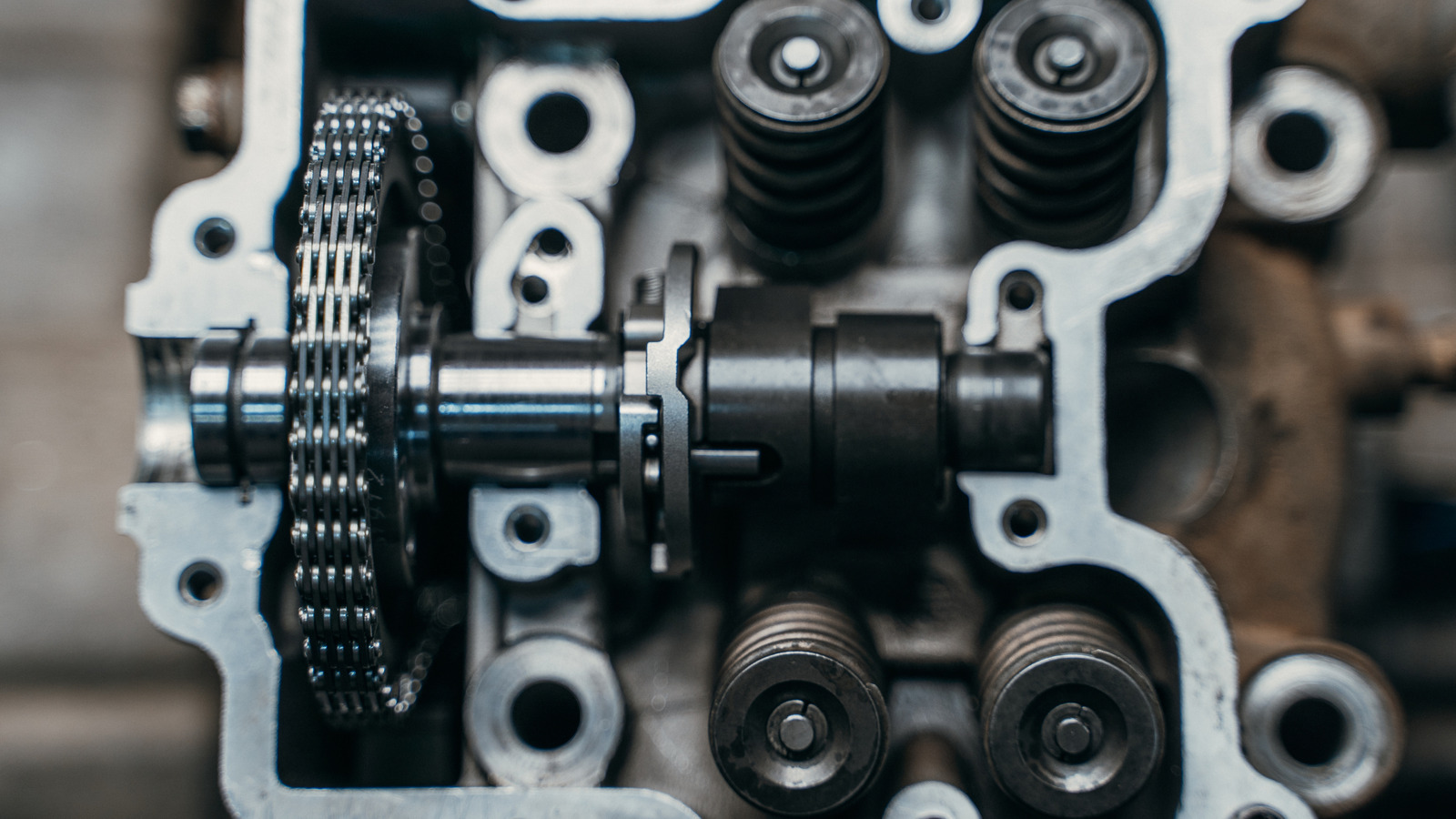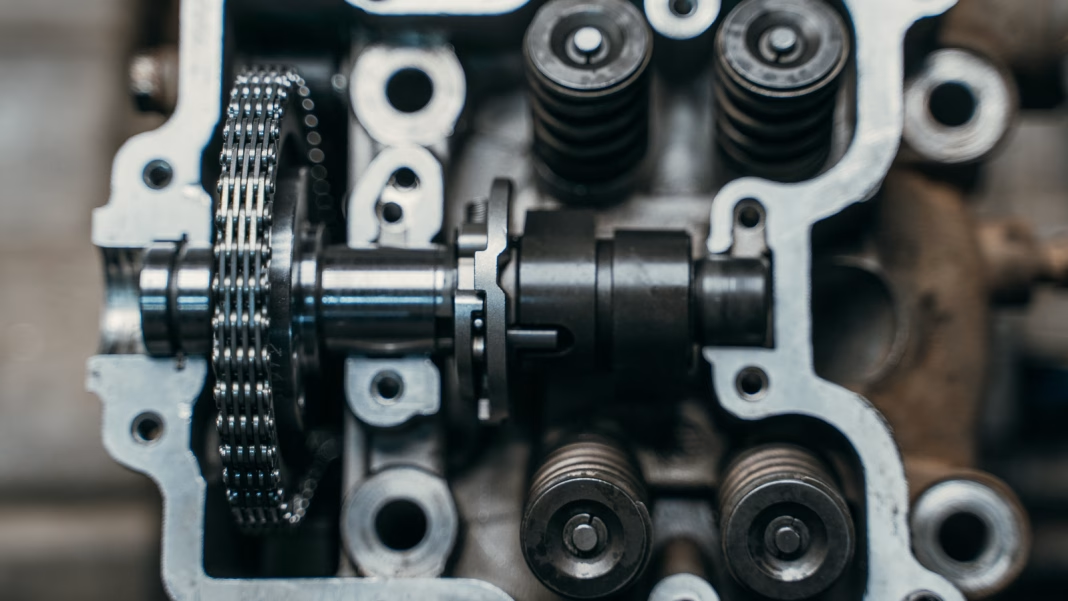Why Are My Lifters So Noisy, and Should I Be Worried?
If your car’s engine has started ticking, tapping, or rattling, you’re not alone. Noisy lifters are a common headache, especially in older vehicles or those with high mileage. But what’s actually going on under the hood? Lifters—also called hydraulic tappets—are tiny components that help open and close your engine’s valves. When they get noisy, it’s usually a sign that something isn’t quite right with oil flow, wear, or even just a bit of gunk buildup.
While a little noise at startup isn’t always cause for panic, persistent clatter can mean trouble down the road. According to the Society of Automotive Engineers, excessive lifter noise can lead to poor engine performance and, in some cases, costly repairs if left unchecked. So, it’s worth tackling the problem before it gets out of hand.
What Causes Lifters to Make That Annoying Ticking Sound?
The most common culprit behind noisy lifters is dirty or old engine oil. Over time, oil breaks down and loses its ability to lubricate those tiny moving parts. Sludge or debris can clog up the lifters, causing them to stick or fail to fill properly with oil. The result? That telltale ticking sound.
Other factors can play a role, too. Low oil levels, worn-out lifters, or even using the wrong oil viscosity for your climate can all contribute. In rare cases, a faulty oil pump or excessive engine wear might be to blame. But for most drivers, it’s a maintenance issue—one that’s surprisingly easy to address.
Can I Quiet Noisy Lifters Without Replacing Them?
Absolutely. In many cases, you can hush those lifters without shelling out for expensive replacements. The first step is often the simplest: change your oil and filter. Use a high-quality oil that meets your vehicle manufacturer’s specs. If your car’s been running on the same oil for too long, fresh lubricant can work wonders.
Some drivers swear by oil additives designed to clean and quiet lifters. Products containing detergents or friction modifiers can help dissolve sludge and improve lubrication. While not a miracle cure, they’re a low-cost experiment that’s worked for plenty of folks. Just make sure to choose an additive that’s compatible with your engine and oil type.
How Do I Pick the Right Oil to Prevent Lifter Noise?
Choosing the right oil isn’t just about brand loyalty. Your owner’s manual will specify the recommended viscosity—stick to it. Thicker oil might seem like a good idea for extra protection, but it can actually starve lifters of lubrication, especially in cold weather. On the flip side, oil that’s too thin may not cushion moving parts enough.
If you drive in extreme temperatures or put a lot of miles on your car, consider synthetic oil. It resists breakdown better than conventional oil and keeps lifters cleaner over time. According to a 2023 report from the American Petroleum Institute, synthetic oils can reduce engine wear by up to 47% compared to conventional blends—good news for your lifters.
Are There Any Quick Fixes I Can Try at Home?
If you’re dealing with a sudden onset of lifter noise, check your oil level first. Topping off low oil can sometimes quiet things down instantly. Next, listen for the noise after a fresh oil change. If it’s still there, try an engine flush or a reputable lifter-cleaning additive.
Another trick: let your engine idle for a few minutes after adding new oil or an additive. This gives the product time to circulate and work its magic. Sometimes, a gentle drive at highway speeds can help, too—the increased oil pressure can free up sticky lifters.
When Should I See a Mechanic About Noisy Lifters?
If you’ve tried the basics and the noise persists, it’s time for a closer look. Chronic lifter noise can signal deeper issues like worn camshafts, collapsed lifters, or oil pump problems. A trusted mechanic can run a diagnostic and let you know if replacement parts are needed.
Don’t ignore loud, persistent clatter—especially if it’s accompanied by performance issues or warning lights. Catching problems early can save you thousands in repairs and keep your engine running strong.
What’s the Best Way to Keep Lifters Quiet for Good?
Routine maintenance is your best defense. Stick to regular oil changes, use quality oil and filters, and don’t skip scheduled service intervals. If your engine is prone to lifter noise, consider adding a cleaning additive every few oil changes as preventive care.
Pay attention to how your car sounds and feels. A little vigilance goes a long way. And if you ever notice a sudden change in engine noise, don’t wait—address it before it snowballs into a bigger headache.
The big takeaway? Silencing noisy lifters isn’t about perfection—it’s about smarter adjustments. Start with one change this week, and you’ll likely spot the difference by month’s end.


